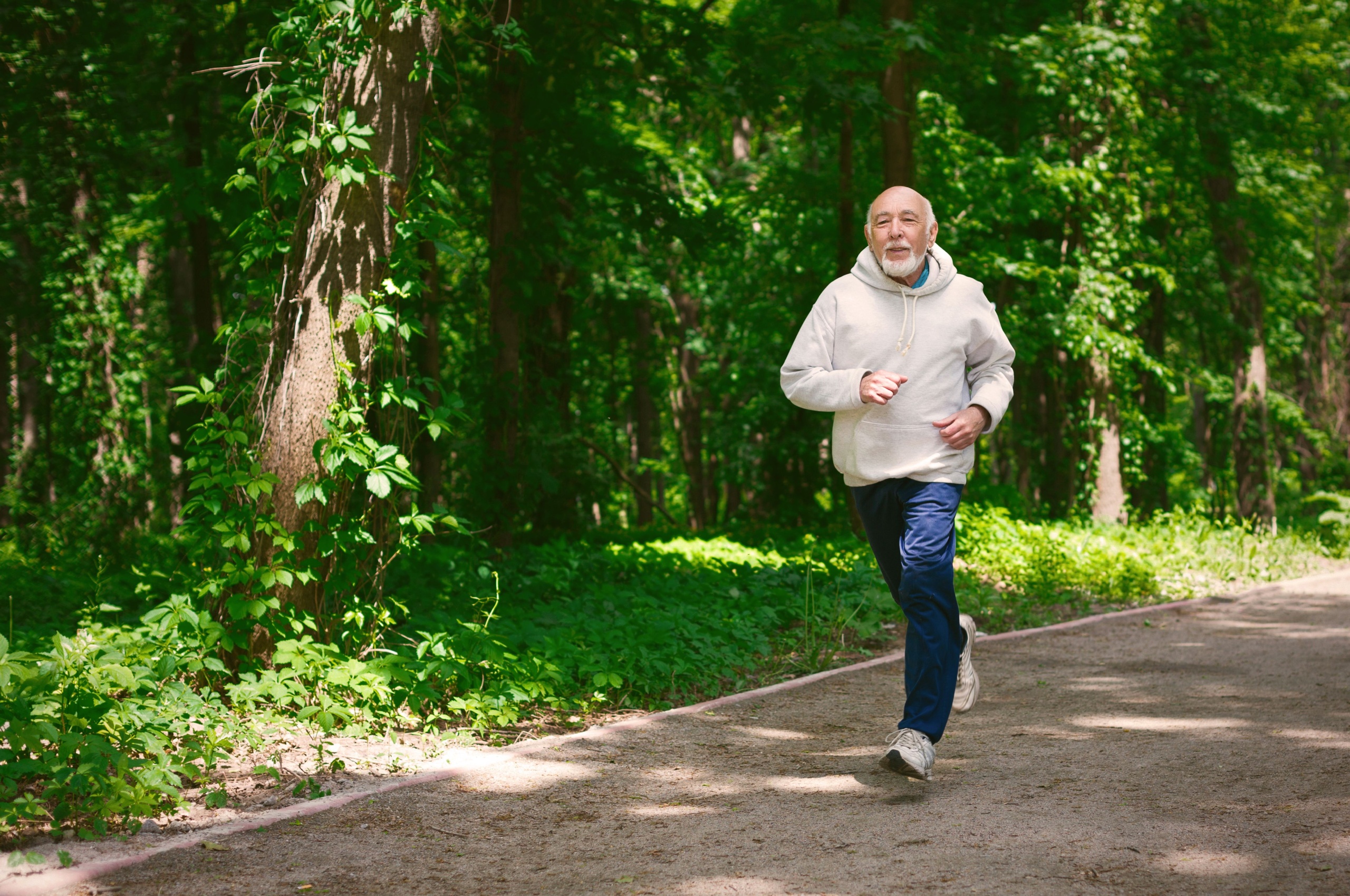Type 2 diabetes is an extremely common condition that causes the level of sugar in the blood to become too high. This can cause a range of symptoms, and it could increase the risk of developing further health problems.
According to Diabetes UK, 4.4 million people in the UK live with diabetes and around 90% of those have type 2 diabetes.
Fortunately, research suggests that you could cut your risk of developing this potentially life-limiting condition in half by making changes to your lifestyle.
With World Diabetes Day on 14 November, now is an ideal time to do so. This is the world’s largest diabetes awareness campaign, reaching over 1 billion people in more than 160 countries.
Read on to learn more about type 2 diabetes and discover three practical ways to reduce your risk of developing the condition.
What you need to know about type 2 diabetes
While the risk factors of type 2 diabetes are multiple and complex, lifestyle factors such as being overweight or inactive are often linked to the condition.
According to the NHS, common symptoms include:
- Feeling thirsty all the time
- Urinating more often than usual
- Fatigue
- Unintentionally losing weight
- Blurred vision
- Wounds taking longer to heal than usual.
However, some people have no symptoms at all.
Type 2 diabetes can also increase your risk of developing other health complications, particularly with your eyes, feet, heart and nerves.
If you do develop this condition, it’s likely that you’ll need to adapt your diet, take medication regularly, and attend regular medical check-ups.
3 tips for reducing your risk of developing type 2 diabetes
1. Eat well and move more
As a general rule, eating a balanced diet and exercising regularly, builds a strong foundation for a healthy lifestyle.
It can also help to reduce your risk of type 2 diabetes. In particular, when planning your diet, Diabetes UK recommends that you might want to consider:
- Replacing sugary drinks with diet versions that have no added sugar.
- Opting for high-fibre carbs such as brown rice, wholewheat pasta, pulses, fruits, and vegetables.
- Cutting down on red and processed meat and choosing eggs, fish, chicken or turkey instead.
- Eating plenty of fruits and vegetables – the NHS recommends getting at least five portions of a variety of fruits and vegetables every day.
- Reducing your salt intake
- Opting for healthy fats such as nuts, seeds, avocados, and olive oil.
- Drinking alcohol in moderation.
People who are overweight have a higher risk of developing type 2 diabetes. So, maintaining a healthy weight by eating well and moving more could help to prevent this condition from developing.
You might want to speak to your GP about creating a diet and exercise plan in line with your current levels of health and fitness.
2. Set realistic health goals and build new habits gradually
If you’ve ever tried to quit an unhealthy habit such as smoking, or to adopt a more positive habit, such as going to the gym more often, you’ll know that making lifestyle changes isn’t always easy.
This may be especially true if you’ve been living a certain way for many years or if you’re trying to leave behind behaviours you enjoy.
So, it’s important to give yourself the best chance of success by setting realistic goals. This means not trying to change too much, too fast.
You might find it helpful to adopt the “SMART” approach to goal setting. This means choosing goals that are:
- Specific – Set a clear, tangible outcome you want to achieve
- Measurable – Give yourself objective measures of success
- Attainable – Make your goal achievable with the resources you have
- Relevant – Ensure that each small goal you set contributes to your broader objective
- Timely – Set a deadline for achieving your goal, with mini-milestones along the way.
An example of a SMART goal would be, “I will lose one stone of weight within 12 months by reducing my calorie intake to 1,800 per day and walking for 30 minutes five times a week”.
In this way, you can build healthier habits gradually over time. Remember to reward yourself when you hit a milestone! This could be a trip to the cinema, buying a new book, or whatever brings you joy without undoing any of your hard work.
3. Seek support and guidance
As discussed above, making changes to your lifestyle and building new habits can be challenging. So, reach out for support and guidance if you need to.
This could be as simple as talking to a friend or sharing your plans with your partner. They might even want to join you on your journey toward better health!
You may also like to seek professional help.
A great place to start is by talking to your GP. They may be able to refer you to a relevant specialist or programme, such as a dietician, a weight-loss group, or a type 2 diabetes prevention programme.
It’s always easier to hit your goals with a supportive team behind you. So, make use of the resources you have at your fingertips and start working towards a healthier, happier you.
While it may be a desire to reduce your risk of type 2 diabetes that motivates you to change your lifestyle, there’s a good chance you’ll see benefits to your overall physical and mental health too.
Get in touch
If you’d like to build a supportive team around you to help you achieve your financial goals, we can help.
Email hello@intelligentpensions.com or call 0800 077 8807.
Please note
This article is for general information only and does not constitute advice. The information is aimed at retail clients only.
